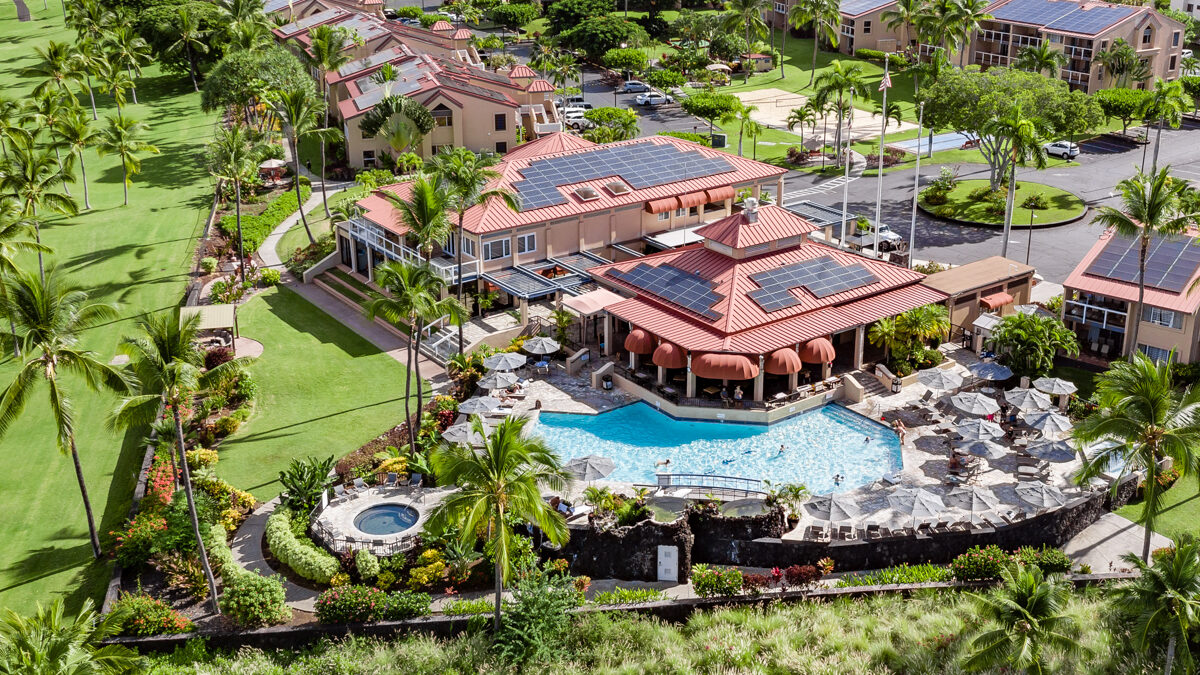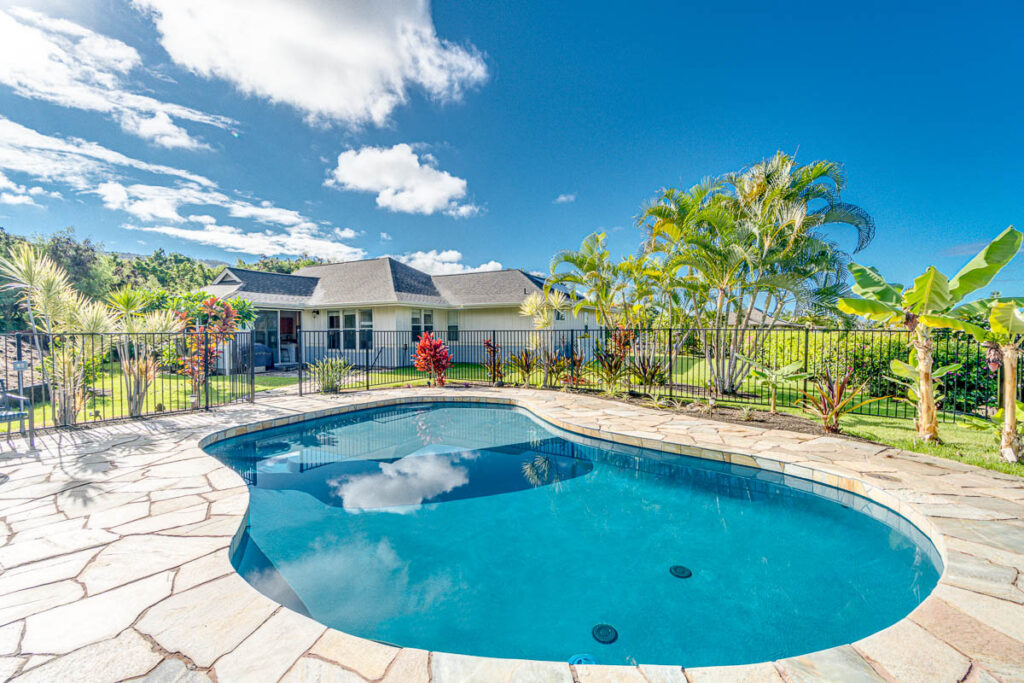
Investing in a vacation rental property can be a lucrative way to expand your investment portfolio. Beyond having your own little place in a great vacation destination, it provides an immediate source of return on equity. Being in such a location means little doubt of holding its purchase value, usually even appreciating. As an investment property, a vacation rental is considered “like-kind” and can be included in a 1031 exchange. As with any investment, it’s best made when you have as much knowledge as is available. The best place to start with a vacation rental realtor.
Why You Need a Realtor with Property Management Experience For Your Investment Property
While real estate and property management often go hand-in-hand, this doesn’t necessarily mean that all realtors are well-versed in vacation rental rules and laws and what it takes to manage a successful rental. When you use a realtor with property management experience, you benefit from their knowledge of which complexes allow vacation rentals, how to obtain or transfer an STVR (Short Term Vacation Rental) permit, realistic expectations for rental income and expenses, important questions to ask the Seller, and a seamless transition from buying to managing!
Short Term Vacation Rental Rules and Laws
In the past decade, the short-term rental market has exploded into a multi-billion-dollar industry. Countries are having to react to this with brand new rules and regulations. These laws are designed to help protect neighborhoods and keep homes available to residents who need them. Vacation rentals, when properly managed, are capable of making much more than a standard long-term rental and thus are very appealing to real estate investors looking for a safe investment.
Laws vary from country to country, state to state, island to island, even complex to complex. Some regulations are so new that realtors in the area aren’t completely familiar with the changes. Just because your area allows vacation rentals doesn’t mean that any residence could be offered as one. Maybe your area only allows short-term rentals in certain zoning areas. Maybe your desired condo has house rules that dictate that rentals have a minimum stay of 30 days or only allow one booking of any duration in a given month. Some require that you register each guest with the complex ahead of time. A realtor who’s dealt with vacation rentals in the area before will know what to look for or who to contact to get the necessary information.
Oahu, for instance, has a minimum stay of 90 days in all vacation rentals as of October 2022 and the owner could be fined as much as $10,000 a day for violations. On top of that, vacation rentals in the area are limited to only a handful of resort-zoned districts. Just because the house next door to your investment property allows short stays, doesn’t mean you’ll be able to. Maybe they’ve received special allowance, maybe they have a permit that is no longer offered for that area, and in some cases, they’re simply breaking the law
Obtaining an STVR Permit
A common form of tracking, limiting and policing vacation rentals is through the use of permits and varies from location to location. A knowledgeable realtor who deals with STVR’s in the area will know what permits are needed for what type of residence. For instance, in Maui, if you had been operating a vacation rental in a non-resort zoned district as of 2019, you were allowed to apply for a “non-conforming use certificate” (NUC). After the cut-off date, these NUC’s were no longer available and will not transfer to a new owner upon the sale of the associated property.
Hawaii island has a similar regulation, except permits can currently be transferred to the new owner. We’ve had clients come to us after buying a home in a residential zone and ask, “How do we make it a vacation rental?” We’re forced to be the bearer of bad news and inform them that they simply can’t. An informed realtor will be able to tell you if STVR is possible and knows the process of applying for a new permit or how to transfer an existing permit.

Need a vacation? Our vacation rental portfolio
Looking to buy? Our listings
Realistic Income Expectations and Expenses
When buying an existing vacation rental, it’s common to ask for a breakdown of the income the rental had been generating and any preexisting booking information that will transfer after close of escrow, same as any business.
It’s important to review and make sure you understand all this information. Make sure you’re comfortable with the rates and amenities offered in the preexisting bookings and that you have considered all the potential expenses as well. Someone in the industry can look more closely at the information given, help interpret it for you and suggest follow-up questions.
As 2020 showed us, not every year is going to be smooth sailing. Perhaps a certain festival was cancelled so a period of increased traffic was left vacant. Maybe a national park was forced to close and bookings will be impacted in following years. It’s important to prepare for the potential highs and lows that can affect the vacation rental market as well as the regular seasonal highs and lows. A local experienced realtor will be able to tell you what sort of demand to expect seasonally.
It’s very common for sellers to list their rental property furnished or “turnkey.” This may seem appealing at first, but it’s important to consider the age and condition of the furniture. Many times, people are prompted to sell when their reviews have taken a turn for the worse and they’re unprepared to remedy the issues. Maybe the furniture is dated, worn, or falling apart. Sometimes the home needs a new coat of paint or to replace stained/worn carpeting. Maybe the AC is on its last legs, dishwasher is rusty, or the icemaker no longer works. If someone isn’t ready to make necessary repairs or upgrades, they’ll simply sell it. We put our knowledge to good use. We make sure that our buyers have accurate expectations and aren’t being misled by an empowered seller.
Seamless Transition to Management
It’s very typical that people wait until after a purchase to secure a management company. This makes sense. Why put the cart before the horse? Well, what if you can’t come to an agreement with a management company? What if none of your top choices for management are accepting new business of your type? Buying with a company that does both real estate and property management gives you the peace of mind knowing that when you find the right place it will be in good hands. They’re typically ready to go on the date of closing and can begin applying for necessary licensing, arranging photography, preparing rental listings, suggesting best bang-for-your-buck upgrades, and assisting with arranging repairs and remodels. This gets you off and running with your new investment much faster.
In conclusion….
Buying a vacation rental is a big decision. Don’t make an uneducated investment. Find a realtor you trust who’s educated about vacation rentals in your area.
Need a vacation? Our vacation rental portfolio
Looking to buy? Our listings